
Find A Professional
More Items From Ergsy search
-

How long do the results of a facelift last?
Relevance: 100%
-

What is a mini facelift?
Relevance: 96%
-

How much does a facelift cost?
Relevance: 96%
-

Will a facelift remove all my wrinkles?
Relevance: 95%
-

What is a Facelift?
Relevance: 88%
-

What should I expect during a consultation for a facelift?
Relevance: 83%
-

Are non-surgical facelifts effective?
Relevance: 80%
-

Who is an ideal candidate for a facelift?
Relevance: 76%
-
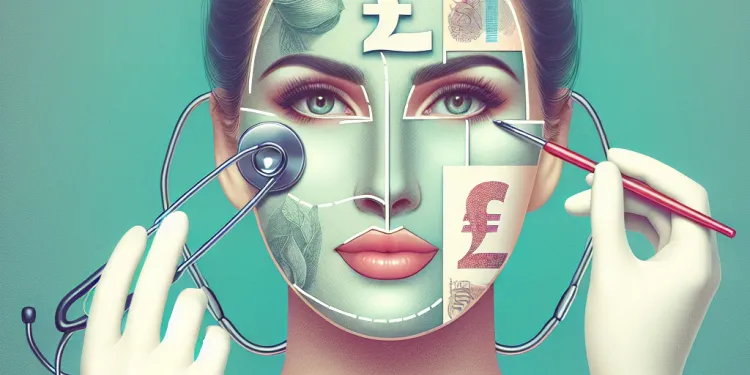
Can a facelift be combined with other procedures?
Relevance: 75%
-

Will I have visible scars after a facelift?
Relevance: 65%
-

How soon can I return to work after a facelift?
Relevance: 64%
-

What is the recovery time for a facelift?
Relevance: 61%
-

Is a facelift painful?
Relevance: 57%
-

Are there any risks associated with facelifts?
Relevance: 57%
-

How soon can I return to work after a facelift?
Relevance: 53%
-

What are the common side effects after a facelift?
Relevance: 52%
-

Do I need to consult a doctor before exercising during pregnancy?
Relevance: 43%
-

How should I prepare for a facelift?
Relevance: 41%
-

How is a facelift performed?
Relevance: 40%
-

Is financing available for a facelift?
Relevance: 34%
-
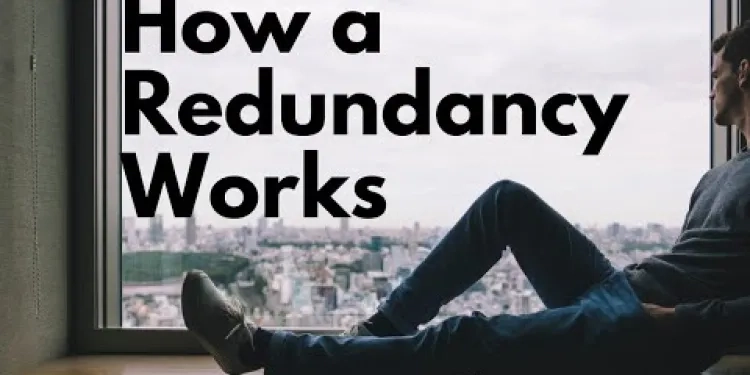
HOW A REDUNDANCY WORKS - General Information
Relevance: 31%
-
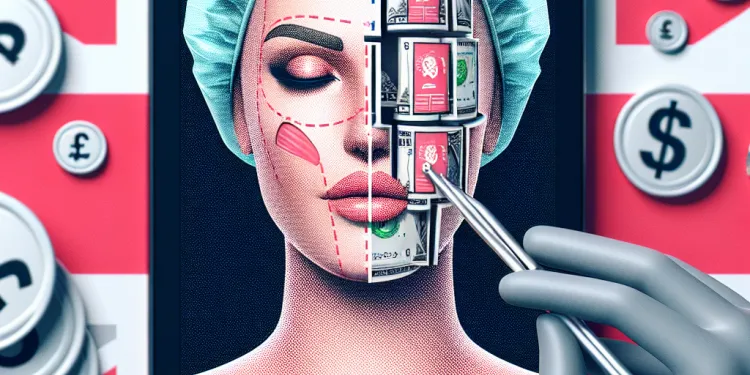
How do I choose a qualified facelift surgeon?
Relevance: 30%
-

NHS to Expand Digital Health Services to Reduce Appointment Backlogs
Relevance: 29%
-

How can I find a qualified homeopath in the UK?
Relevance: 19%
-

What should I do if I notice changes during self-testing?
Relevance: 19%
-
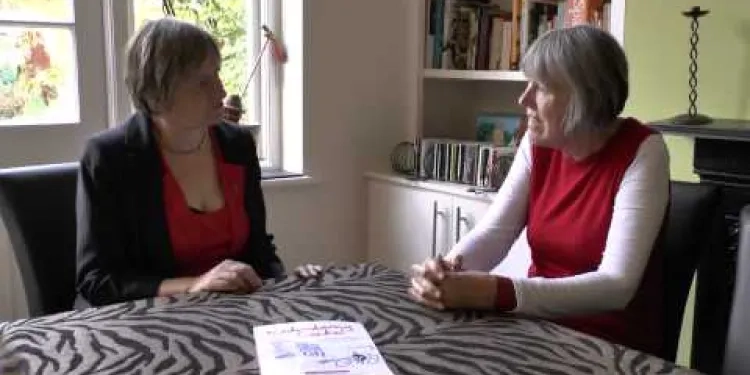
Redundancy Crusader and Annabel Kaye on communications in redundancy (5).MTS
Relevance: 18%
-

When will the new HMRC tax changes be officially confirmed?
Relevance: 18%
-

Can Wegovy be taken with other medications?
Relevance: 17%
-

Can children take the same cold medications as adults?
Relevance: 16%
-
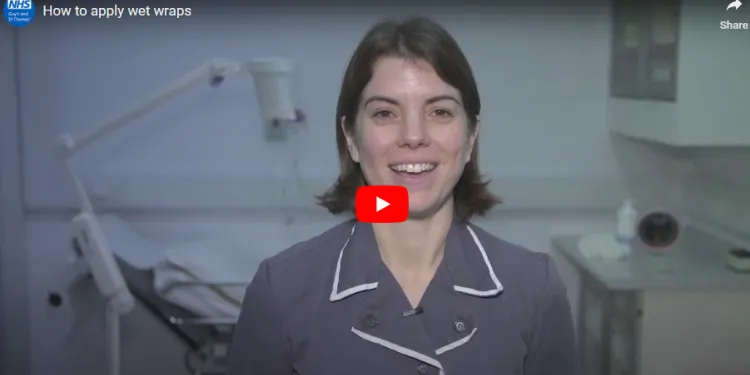
How to apply wet wraps
Relevance: 16%
-

How much CBD should I take?
Relevance: 15%
-

Is it safe to participate in group sports while pregnant?
Relevance: 15%
-

Can homeopathy treat all medical conditions?
Relevance: 15%
-

When should I see a doctor for psoriasis?
Relevance: 14%
-

Are homeopathic medicines safe?
Relevance: 14%
-

Who should not take Mounjaro?
Relevance: 14%
-

Can I use Ibuprofen for menstrual pain?
Relevance: 14%
-
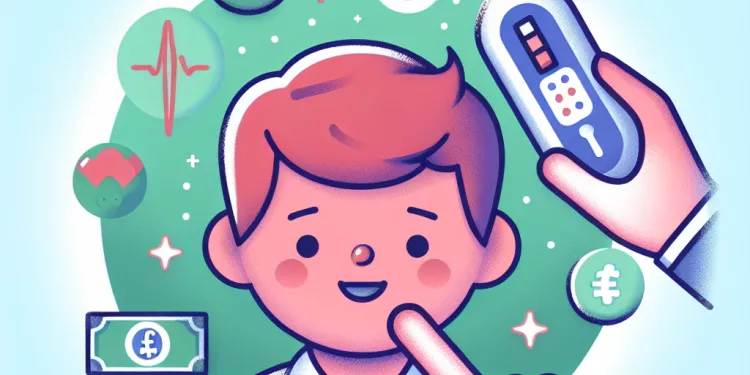
Which medication should be avoided for children with fevers?
Relevance: 14%
-

Can CBD interact with medications?
Relevance: 14%
-

Diagnosing irritable bowel syndrome (IBS)
Relevance: 13%
Introduction
A facelift, or rhytidectomy, is a popular cosmetic procedure aimed at reducing the visible signs of ageing on the face and neck. If you're considering a facelift, one of the first steps is to have a consultation with a qualified plastic surgeon. During this consultation, you'll have the opportunity to discuss your expectations, undergo an evaluation, and receive professional recommendations tailored to your needs.
Initial Discussion
Your consultation will typically begin with a discussion about your motivations and goals. The surgeon will want to understand why you are seeking a facelift and what specific outcomes you hope to achieve. This conversation is crucial because it helps set realistic expectations and enables the surgeon to tailor the procedure to your individual needs.
Medical History Review
The next step in the consultation involves a thorough review of your medical history. The surgeon will ask about any past surgeries, medical conditions, and medications you are currently taking. It's essential to provide accurate and comprehensive information to ensure your safety during the procedure. If you have any allergies or a history of smoking, be sure to inform your surgeon.
Physical Examination
During the physical examination, the surgeon will assess your facial structure, skin type, and skin elasticity. They will examine the deep tissue structure of the face to determine the best approach for your facelift. This examination helps the surgeon decide which surgical techniques are most suitable for achieving a natural result.
Discussion of Techniques and Options
Following the examination, the surgeon will explain the various facelift techniques available, such as the traditional facelift, mini facelift, or neck lift, and discuss which option would be most appropriate for you. They will explain the benefits, risks, and potential complications of each method, helping you make an informed decision about your surgery.
Questions and Clarifications
This is the time for you to ask any questions you may have about the procedure. Inquire about the anaesthesia options, recovery time, and how to prepare for the surgery. The surgeon will also discuss the costs involved, including hospital fees and follow-up care costs, which can help you plan financially for your procedure.
Photographic Documentation
As part of the consultation, the surgeon may take photographs of your face from different angles. These images are crucial for planning the surgery and for before-and-after comparisons to assess the outcome of the procedure.
Conclusion
At the end of your consultation, you should have a clear understanding of what a facelift entails, including the potential results, risks, and the recovery process. Take your time to decide if you feel comfortable with the proposed plan and the surgeon's expertise. A successful consultation will leave you better informed about the next steps, ensuring you make a decision that aligns with your aesthetic goals.
Introduction
A facelift is a surgery to make your face and neck look younger. It helps to reduce wrinkles and sagging skin. If you want a facelift, you need to talk to a special doctor called a plastic surgeon. In this talk, you can share what you want, and the doctor will check you and give advice just for you.
Initial Discussion
First, you will talk about why you want a facelift. The doctor wants to know what changes you hope to see. This talk is important because it helps make sure you and the doctor agree on what can be done and what you can expect.
Medical History Review
Next, the doctor will ask about your health. This includes past surgeries, any illnesses, and medicines you take. It's important to tell the truth so the surgery will be safe. If you have allergies or if you smoke, let the doctor know.
Physical Examination
The doctor will also check your face and neck. They will look at your skin and feel how stretchy it is. This helps the doctor decide the best way to do your facelift to make it look natural.
Discussion of Techniques and Options
After looking at your face, the doctor will tell you about different kinds of facelifts. This might include a full facelift, a small facelift, or a neck lift. The doctor will explain the good and bad parts of each option. This will help you choose the best one for you.
Questions and Clarifications
This is your chance to ask questions. You can ask about how the surgery works, how long it takes to get better, and how to get ready. The doctor will also talk about how much it will cost, so you know what to expect and can plan for it.
Photographic Documentation
The doctor may take pictures of your face from different angles. These help plan the surgery and will also be useful to see the changes after the surgery is done.
Conclusion
By the end of your talk with the doctor, you should know what will happen in a facelift, including what you might look like after, any risks, and how you will feel while getting better. Take your time to decide if you feel happy with the plan and the doctor's skills. A good talk means you will know what to do next and feel good about your choice.
Frequently Asked Questions
What is the primary purpose of a facelift consultation?
The primary purpose is to assess your needs, discuss your goals, and determine if you are a good candidate for the procedure.
Who will conduct the facelift consultation?
Typically, the consultation is conducted by the plastic surgeon who would perform the procedure.
How long does a facelift consultation usually last?
A facelift consultation usually lasts between 30 minutes to an hour.
What should I bring to my consultation?
Bring a list of questions, any relevant medical history, and photographs of desired results if available.
Will I discuss my medical history during the consultation?
Yes, discussing your medical history is crucial to ensure you are a suitable candidate and to plan a safe procedure.
Can I ask to see before-and-after photos during the consultation?
Yes, it is common to review before-and-after photos of previous patients to set realistic expectations.
Will the surgeon examine my face during the consultation?
Yes, the surgeon will usually perform a physical examination to assess facial structure and skin condition.
Is it necessary to discuss medications I am currently taking?
Yes, it's important to disclose any medications and supplements to avoid any complications during surgery.
What questions should I ask during the facelift consultation?
Ask about the surgeon's experience, the procedure details, recovery process, risks, and expected outcomes.
Will the surgeon explain the facelift procedure in detail?
Yes, the surgeon will explain the procedure, including techniques used and what you can expect post-surgery.
Can I expect to talk about costs during the consultation?
Yes, the consultation will include a discussion about the costs, including surgery fees and any additional expenses.
Will I receive preoperative instructions during the consultation?
While some instructions may be provided, detailed preoperative directions are typically given closer to the surgery date.
Is it common to discuss anesthesia options during the consultation?
Yes, anesthesia options are usually discussed to choose the safest method for your health and comfort.
Will the surgeon explain the risks and potential complications?
Yes, the surgeon should thoroughly explain any risks and potential complications associated with the facelift.
Should I expect to discuss my lifestyle habits during the consultation?
Yes, lifestyle habits like smoking and alcohol consumption are discussed as they affect the surgery and recovery.
Can I bring someone with me to the consultation?
Yes, bringing a family member or friend for support and to help remember information is encouraged.
What is the typical next step after the consultation?
If you decide to proceed, the next step is usually to schedule the surgery and potentially a preoperative visit.
Is it possible to have multiple consultations before deciding?
Yes, you can have multiple consultations if you need more information or want to consider different surgeons.
Will lifestyle changes be recommended during the consultation?
Depending on your current lifestyle habits, the surgeon may recommend changes to ensure a successful outcome.
What should I do if I have questions after the consultation?
You should contact the surgeon’s office for any follow-up questions or if you need additional clarification.
Why do people have a facelift check-up?
The main goal is to understand what you need, talk about what you want to do, and see if the procedure is right for you.
Who will you talk to about a facelift?
Usually, the meeting is with the plastic doctor who will do the surgery.
How long is a facelift consultation?
A facelift consultation usually takes about 1 hour.
If you find reading difficult, try using a text-to-speech tool. This tool can read the words out loud for you. It can help you understand the information better.
A meeting with the doctor about a facelift usually takes 30 minutes to an hour.
What do I need to bring to my meeting?
Bring a list of questions, any important health papers, and pictures of what you want if you have them.
Will we talk about my health history in the meeting?
Yes, we will talk about your health history in the meeting. It is important so we can help you best.
Here are some tips to help you:
- Bring a list of any medicines you take.
- Write down any health problems you have had before.
- Ask someone you trust to come with you if it helps you feel better.
- Use a notebook to write things down during the meeting.
- Tell the doctor if you do not understand something.
It is very important to talk about your health history. This helps the doctor know if the procedure is safe for you.
Can I see pictures of other people before and after their treatment?
When you talk to the doctor, you can ask to see photos of people before and after their treatment. This can help you know what to expect.
If it's hard to ask, you can write your question on paper and give it to the doctor.
A friend or family member can come with you to help during the talk.
Yes, it is normal to look at pictures of patients from before and after their treatment. This helps you know what to expect.
Will the doctor look at my face when we talk?
The doctor will look at your face to see what you need. They will be able to help you feel better. If you are worried or have questions, you can ask the doctor. It can help to bring someone with you, like a friend or family member. You can also write down your questions before you go. This helps you remember what to ask.
Yes, the doctor will do a check-up. The doctor will look at your face and skin.
Should I talk about the medicine I take now?
Yes, tell the doctor about any medicines or supplements you take before surgery. This helps keep you safe.
What questions should I ask during the facelift consultation?
Here are some things you can ask when you talk to the doctor:
- What will happen during the facelift?
- How long will it take to feel better after the facelift?
- Are there any risks with getting a facelift?
- How much will the facelift cost?
- Can you show me pictures of people who had a facelift?
- What should I do to get ready for the facelift?
If you find reading hard, you can bring a friend or someone you trust to help you ask questions and remember answers. It's okay to ask the doctor to explain things in a simple way.
Ask the doctor questions. You can ask:
- How much experience do you have?
- What will happen during the surgery?
- What is recovery like after the surgery?
- Are there any risks?
- What should I expect after the surgery?
Will the doctor tell me about the facelift?
Will the doctor explain how the facelift works? They should tell you what will happen and how it might feel. You can ask them to explain it in a way that is easy to understand. You can also bring a friend or family member with you to help remember things. It's okay to ask questions if you do not understand. You can write things down or use drawing tools to help you learn.
Yes, the doctor will talk to you about the operation. They will tell you how they will do it and what will happen after.
Will we talk about money in the meeting?
Yes, we will talk about money. You can ask about prices. It is okay to ask questions. You can bring a friend or use a voice recorder to help you remember.
Yes, during the meeting, we will talk about the money you need to pay. This includes the cost for the surgery and any other extra costs.
Will I get instructions before my operation when I visit the doctor?
Doctors will give you some information. They will tell you more about what to do before the surgery when the date is near.
Do people usually talk about sleep medicine choices when they meet the doctor?
Yes, doctors talk about ways to make you comfortable and safe when you need to have anesthesia.
Will the doctor tell me about the risks?
The doctor will talk to you about things that might go wrong.
The doctor must tell you about any dangers and problems that might happen with the facelift.
Will we talk about the way I live during the visit?
Yes, things like smoking and drinking can change how well you do in surgery and how fast you get better.
Can I bring someone with me to the consultation?
Yes, you can bring someone to your meeting. A friend or family member can come along to help you.
Yes, it's a good idea to bring a family member or friend with you. They can give you support and help you remember things.
What happens after we talk?
If you decide to go ahead, the next step is to set a date for the surgery. You might also need to have a check-up before the surgery.
Can I talk to the doctor many times before I decide?
Yes, you can talk to the doctor more than once before you make up your mind. Here are some things that might help:
- Ask questions if you don't understand.
- Talk to someone you trust for advice.
- Write down what the doctor says.
Yes, you can talk to different doctors more than once. This helps if you have questions or want to learn about other doctors.
Will the doctor suggest changing how you live during the visit?
Your doctor might ask you to change some habits to help you get better.
What to do if you have questions after the meeting?
If you have more questions, you can:
- Ask a friend or family member to help you.
- Write down your questions so you don’t forget.
- Use a computer or phone to look for more information.
- Ask your doctor or helper when you see them next.
If you have more questions, you should call the surgeon's office. They can help and answer anything you don't understand.
Useful Links
- Ergsy carfully checks the information in the videos we provide here.
- Videos shown by Youtube after a video has completed, have NOT been reviewed by ERGSY.
- To view, click the arrow in centre of video.
- Most of the videos you find here will have subtitles and/or closed captions available.
- You may need to turn these on, and choose your preferred language.
- Go to the video you'd like to watch.
- If closed captions (CC) are available, settings will be visible on the bottom right of the video player.
- To turn on Captions, click settings .
- To turn off Captions, click settings again.
More Items From Ergsy search
-

How long do the results of a facelift last?
Relevance: 100%
-

What is a mini facelift?
Relevance: 96%
-

How much does a facelift cost?
Relevance: 96%
-

Will a facelift remove all my wrinkles?
Relevance: 95%
-

What is a Facelift?
Relevance: 88%
-

What should I expect during a consultation for a facelift?
Relevance: 83%
-

Are non-surgical facelifts effective?
Relevance: 80%
-

Who is an ideal candidate for a facelift?
Relevance: 76%
-

Can a facelift be combined with other procedures?
Relevance: 75%
-

Will I have visible scars after a facelift?
Relevance: 65%
-

How soon can I return to work after a facelift?
Relevance: 64%
-

What is the recovery time for a facelift?
Relevance: 61%
-

Is a facelift painful?
Relevance: 57%
-

Are there any risks associated with facelifts?
Relevance: 57%
-

How soon can I return to work after a facelift?
Relevance: 53%
-

What are the common side effects after a facelift?
Relevance: 52%
-

Do I need to consult a doctor before exercising during pregnancy?
Relevance: 43%
-

How should I prepare for a facelift?
Relevance: 41%
-

How is a facelift performed?
Relevance: 40%
-

Is financing available for a facelift?
Relevance: 34%
-

HOW A REDUNDANCY WORKS - General Information
Relevance: 31%
-

How do I choose a qualified facelift surgeon?
Relevance: 30%
-

NHS to Expand Digital Health Services to Reduce Appointment Backlogs
Relevance: 29%
-

How can I find a qualified homeopath in the UK?
Relevance: 19%
-

What should I do if I notice changes during self-testing?
Relevance: 19%
-

Redundancy Crusader and Annabel Kaye on communications in redundancy (5).MTS
Relevance: 18%
-

When will the new HMRC tax changes be officially confirmed?
Relevance: 18%
-

Can Wegovy be taken with other medications?
Relevance: 17%
-

Can children take the same cold medications as adults?
Relevance: 16%
-

How to apply wet wraps
Relevance: 16%
-

How much CBD should I take?
Relevance: 15%
-

Is it safe to participate in group sports while pregnant?
Relevance: 15%
-

Can homeopathy treat all medical conditions?
Relevance: 15%
-

When should I see a doctor for psoriasis?
Relevance: 14%
-

Are homeopathic medicines safe?
Relevance: 14%
-

Who should not take Mounjaro?
Relevance: 14%
-

Can I use Ibuprofen for menstrual pain?
Relevance: 14%
-

Which medication should be avoided for children with fevers?
Relevance: 14%
-

Can CBD interact with medications?
Relevance: 14%
-

Diagnosing irritable bowel syndrome (IBS)
Relevance: 13%